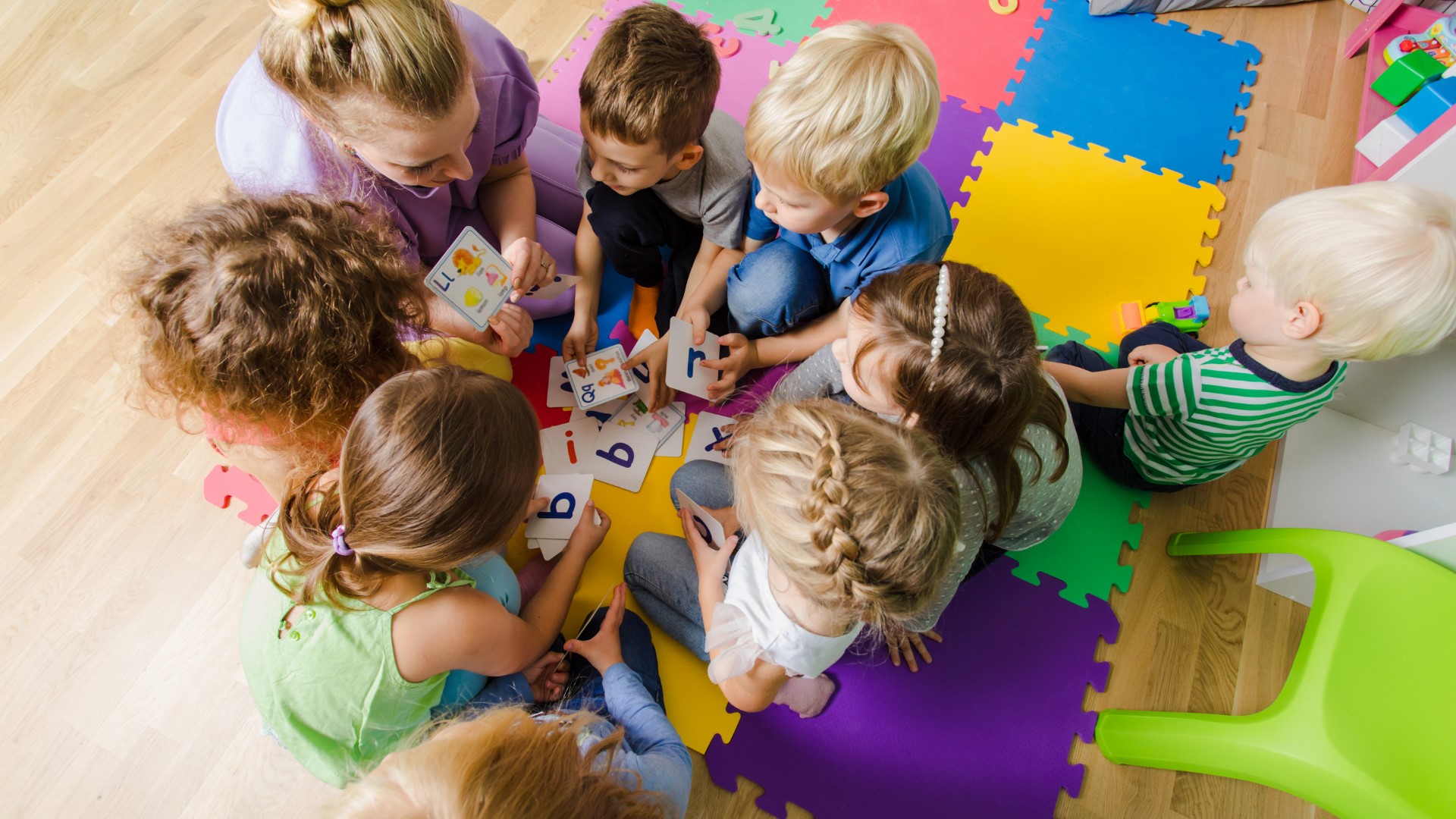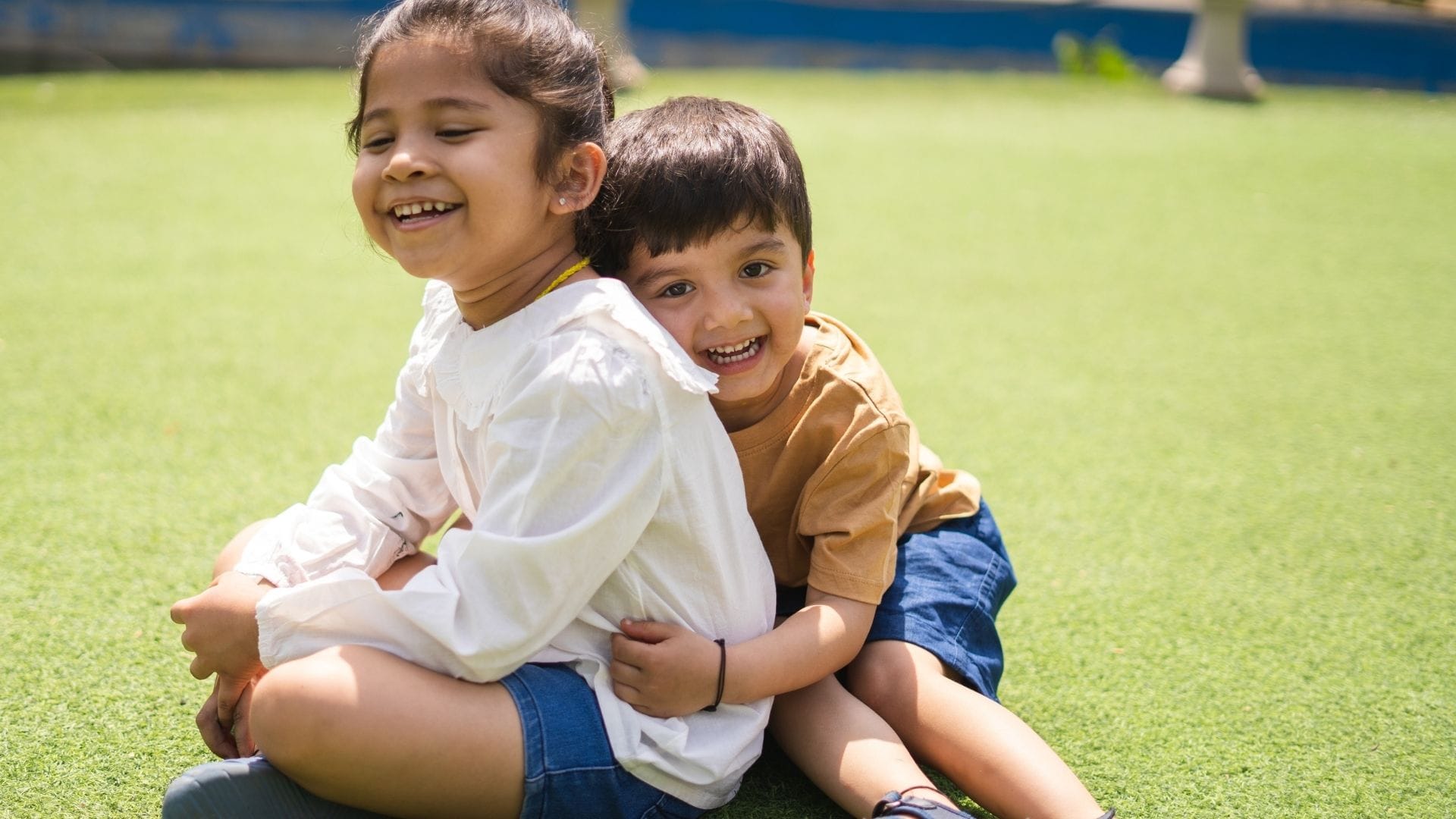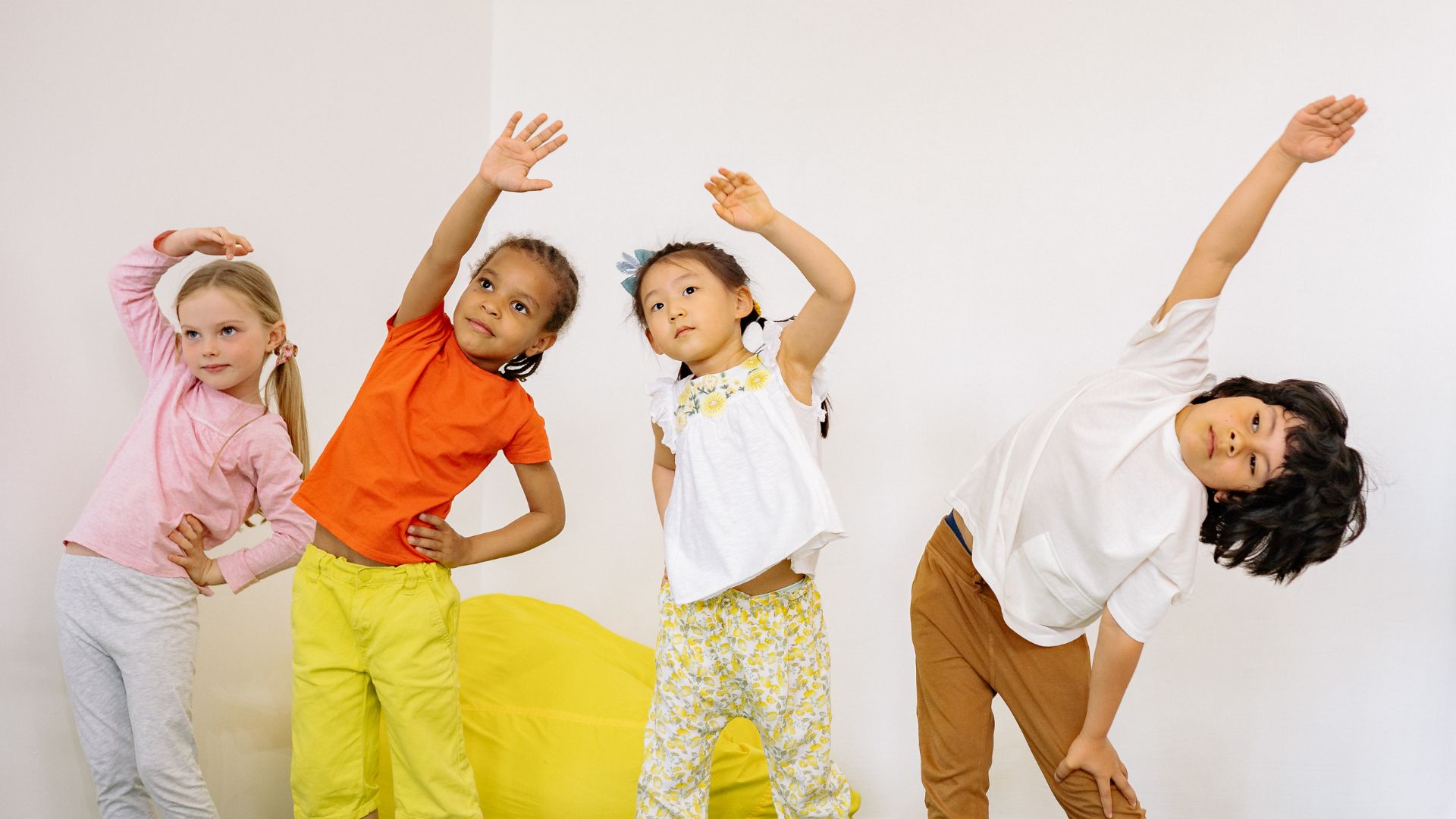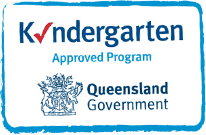Kindergarten, often known as Kindy, is a crucial first step in a child’s educational journey. It serves as a bridge between the home and school environments, preparing children for the more structured and academic setting of primary school. Here are some of the key benefits of Kindy for school readiness:
Socialisation:
Kindergarten provides children with the opportunity to socialise with peers in a safe and supportive environment. This helps children develop important social skills, such as sharing, taking turns, and collaborating on projects. Children who have attended kindergarten are better prepared for the social demands of primary school and are more likely to make friends and feel comfortable in group settings.
Early Literacy and Numeracy Skills:
Kindergarten provides children with an introduction to the basic concepts of literacy and numeracy, such as recognising letters and numbers, counting, and basic reading and writing skills. This foundation helps children develop the necessary skills for success in primary school.
Independence and Self-Regulation:
Kindergarten provides children with opportunities to develop their independence and self-regulation skills. They learn how to follow routines, manage their time, and take responsibility for their belongings. These skills are important for success in school and in life.
Executive Functioning Skills:
Kindergarten provides children with opportunities to develop their executive functioning skills, which are essential for learning and academic success. These skills include working memory, attention, and self-control.
Emotional and Behavioural Development:
Kindergarten provides children with opportunities to develop their emotional and behavioural skills. They learn how to express their emotions, regulate their behaviour, and develop empathy and social skills. These skills are important for success in school and in life.
Kindergarten plays a critical role in preparing children for school readiness. It provides them with a foundation for socialisation, early literacy and numeracy skills, independence and self-regulation, executive functioning skills, and emotional and behavioural development. By attending kindergarten, children are better prepared for the academic and social demands of primary school, and are more likely to succeed in their future educational pursuits.








